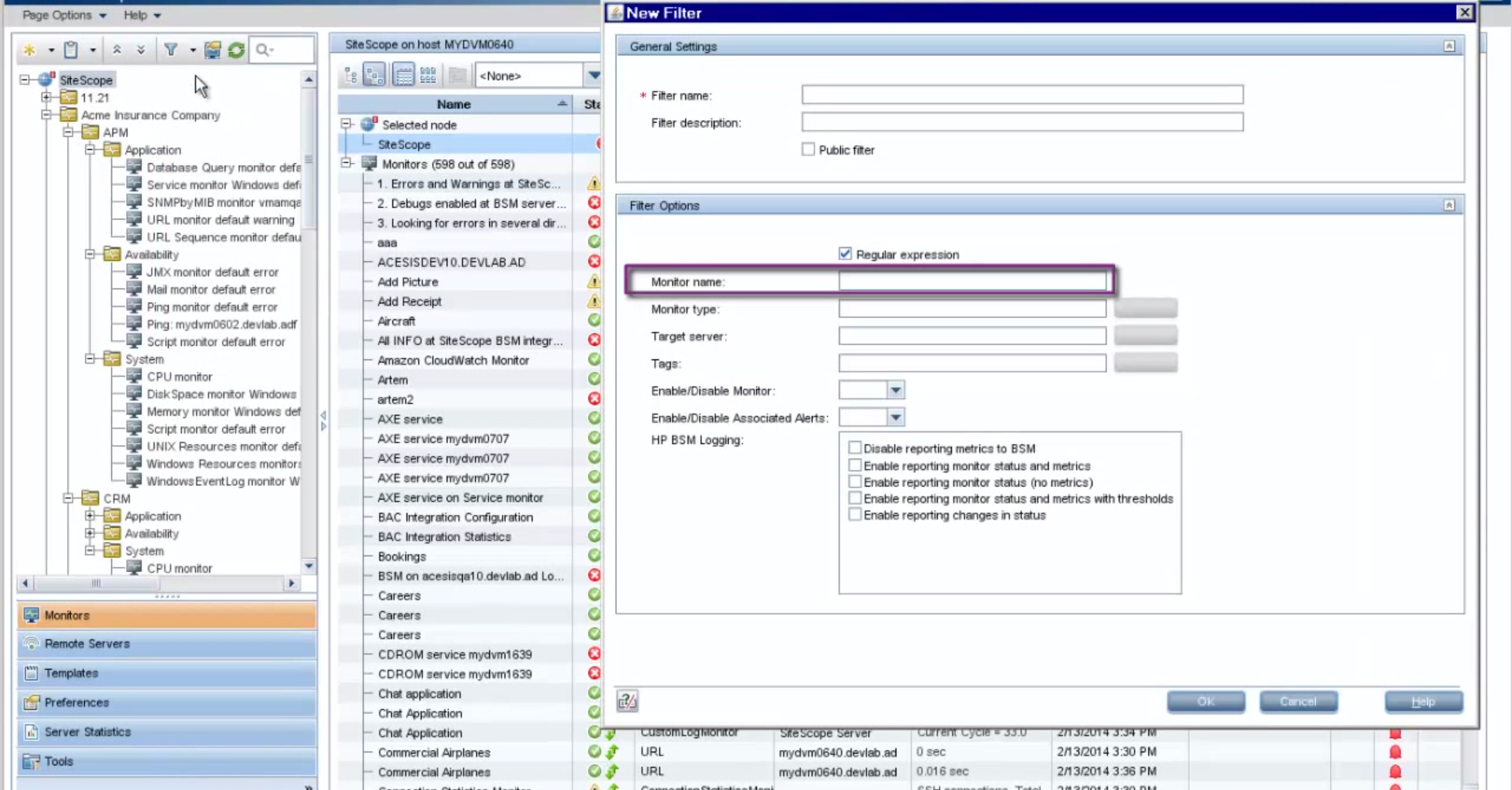
The second dataset, “Enzo”, is a simulation of the universe, so a rather noisy dataset.The first one, “Elevation”, is a simple synthetic dataset and quite easy to process.Because of this setup the number of threads stay relatively low, tests with a higher number of threads could be interesting.įor these tests we used 3 different 512³ regular grid datasets with a pipeline composed of a vtkFlyingEdges3D and a vtkWindowedSincPolyDataFilter: The tests were executed on an Intel i7-8700 (12) 3.20GHz, and 64Gb of RAM. The results are in milliseconds and each curve is an average of 4 executions.

You will find below some performance comparisons between OpenMP, TBB, STDThreads and Sequential SMPTools backends. Iterates over the storage to calculate the accumulation. Define the range size over which to operate Void operator()(vtkIdType begin, vtkIdType end)įor (vtkIdType i = begin i Counter.Local()++ Here is a simple example of a vtkSMPThreadLocal usage: // ARangeFunctor uses a ThreadLocal variable to increment Counter the size of the range independently of threads. Then in a sequential reduce step, iterates over the whole storage to do a final accumulation. When using the thread local storage object, a common design pattern is to write/accumulate data to local objects when executing in parallel. The actual objects are created the first time Local() is called. It maintains a copy of an object of the template type for each thread that processes data, it creates a storage for all threads. Note that std::thread backend should become the default one soon, but the sequential backend will still be available for debugging.Ī thread local object helps to safely store variables in a parallel context. This allows us to have a threaded backend available on all platforms by default. Therefore it should be convenient for users who can’t directly use OpenMP or TBB libraries. This new backend doesn’t need any external dependencies as it relies on the C++ standard library (the std::thread library is implemented on top of pthreads, on linux). In order to improve SMP Tools, we decided to introduce a std::thread backend. Std::vector data0 = ) Backend improvements STD backend presentation std::fill).Īs these methods are easy to use, we are hoping it will motivate people to discover and use VTK SMP Tools.īelow, you will find an example of Transform used with the range support of a vtkDataArray (see: ). Fill will replace each element with the result of a method evaluated once (cf.Transform applies a functor on each element of the container, evaluated each time (cf.

Here, we introduce two new SMPTools methods: Transform and Fill, which are based on the same prototype as their std counterparts: A Sort method, to sort a range of values in parallel.A For method, to execute a parallel operation on a range, with configurable grain.GetBackend gets a string with the currently used backend name.GetEstimatedNumberOfThreads to get the maximum number of threads.Initialize allows the maximum number of threads to be changed.We made some changes on the existing SMPTools API which was already supporting: These changes are already available in VTK master branch and will be added in the next VTK release. Finally, we will present the possibility to change SMPTools backend at runtime. Then we will introduce a new SMPTools backend which uses the native C++ standard library along with a performance benchmark between backends. In this blog we will see various API Improvements such as new parallel methods ( Transform and Fill), an improvement on the control of threads number and the support of standard iterators for the For method. Several back-ends are currently available: Sequential, TBB, OpenMP and the new STDThread.
#LOCALSCOPE CODE#
The SMP Tools provides a set of utility functions which can be used to parallelize parts of VTK code on shared memory architectures, taking advantage of multithreaded CPUs. Note that previous blogs on the SMP Tools are available: Simple, Parallel Computing with vtkSMPTools and Ongoing VTK / ParaView Performance Improvements.

In this blog post, we will see the last improvements that have been made on VTK SMP Tools.


 0 kommentar(er)
0 kommentar(er)
